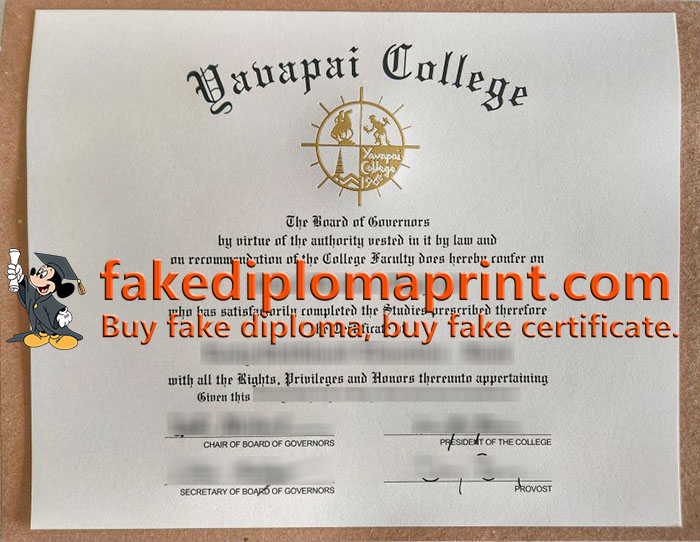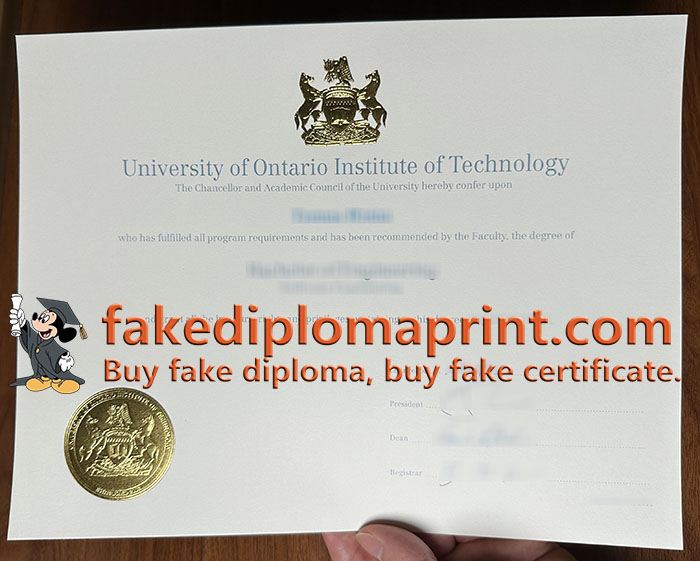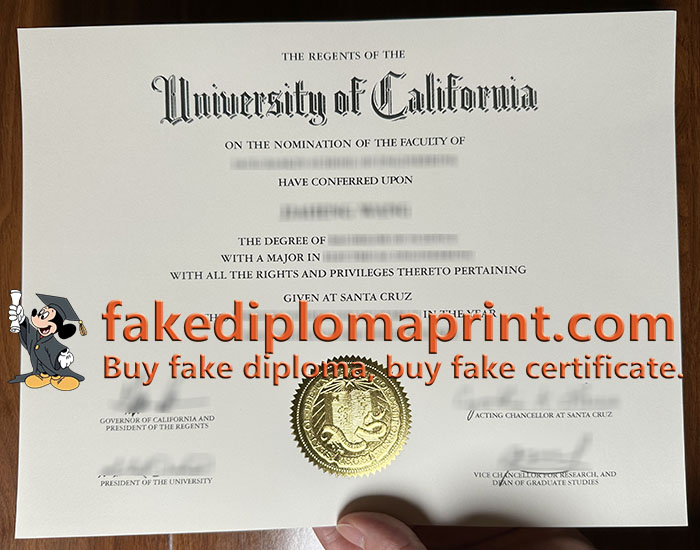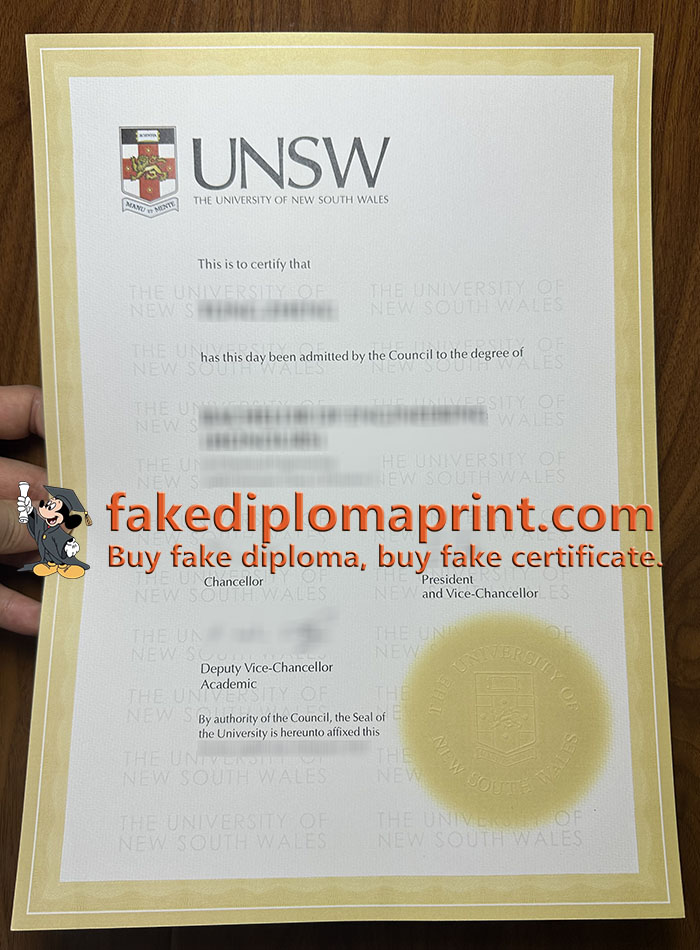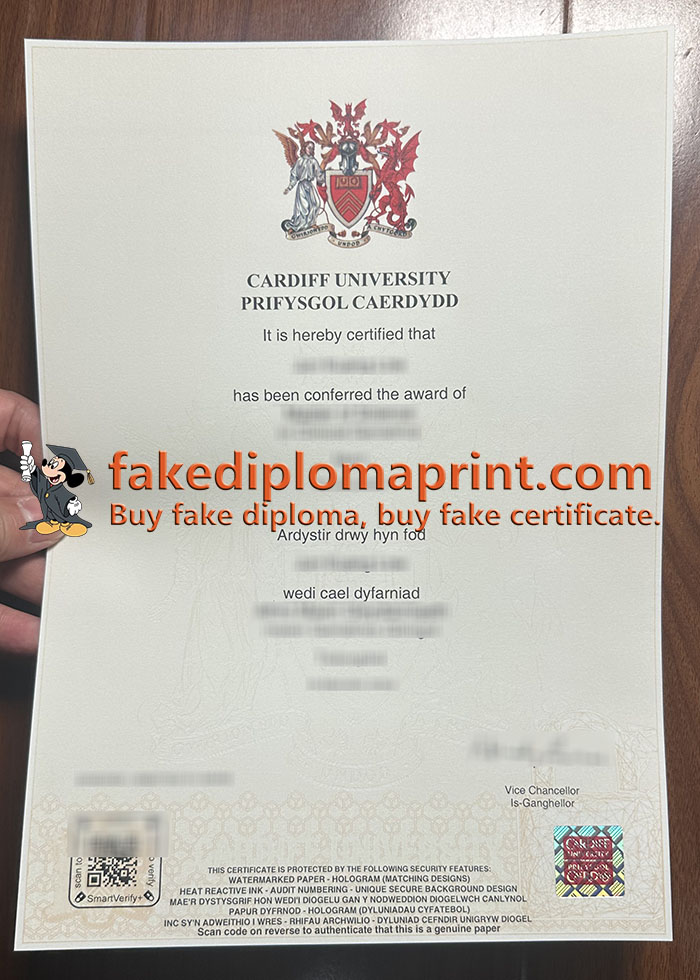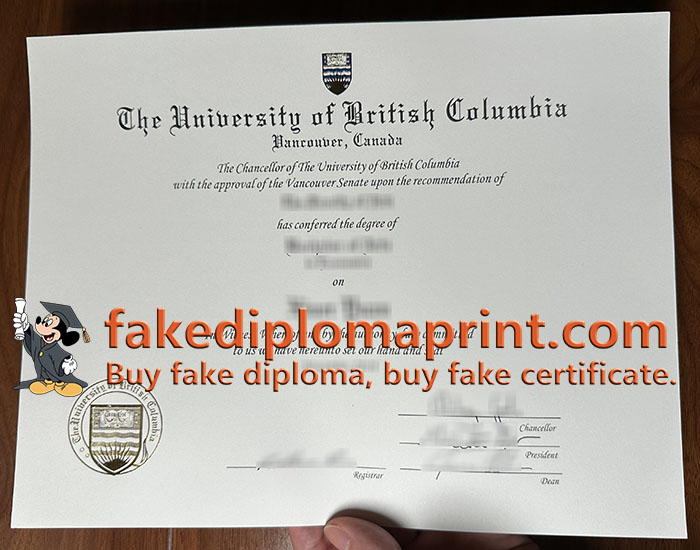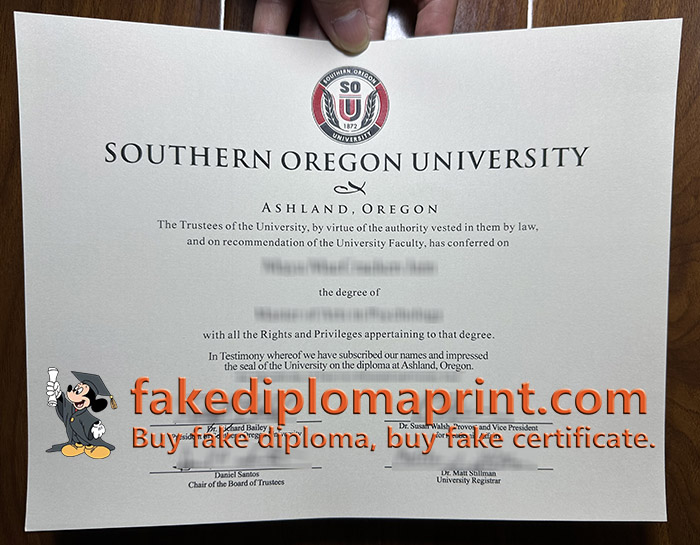
Where to get a fake Southern Oregon University degree online? How to get a realistic Southern Oregon University degree certificate quickly? Southern Oregon University (SOU) is an American four-year public university founded in 1926. The school is located in Ashland, the cultural capital of Southern Oregon. With its rich natural heritage and diverse cultural and recreational activities, Ashland is considered an ideal university village. The university consists of four colleges of arts, education, natural sciences and social sciences, with more than 6,000 students, including 620 international students from 46 countries around the world. The school offers 100 majors, including 34 major disciplines in the College of Science and Arts, business and Education. The school adopts a small class model, and the teachers are able to take care of each student.
Southern Oregon University is organized into seven academic departments: Southern Oregon Center for the Arts; Business, communications and the environment; Education, health and leadership; Humanities and culture; Social sciences; Science, technology, engineering and mathematics; Undergraduate studies. It offers approximately 90 bachelor’s, graduate and certificate programs. Most academic programs at Southern Oregon University use a 10-week period. The university’s Oregon Center for the Arts maintains a partnership with the Oregon Shakespeare Festival in downtown Ashland.
The reasons to order a fake Southern Oregon University degree online.
Graduate students: GRE no less than 1000; Four-year bachelor’s degree :GPA of at least 3.0; Toefl: 540 or 76 (online test) IELTS 6 – Do not meet the language requirements can take language courses first! Undergraduate: GPA no less than 2.75 TOEFL: 520 or 68 (IBT) IELTS 5.5 – Do not meet the language requirements can take language courses first!
In November 2018, the presidents of Southern Oregon University, RCC, Oregon Tech, and Klamath Community College jointly announced the formation of the Southern Oregon Higher Education Alliance. The alliance aims to streamline educational pathways for students and meet the specific workforce needs of the region. Academic officers and admissions officers from the four institutions hold regular, separate meetings to discuss complementary academic programs, transfer agreements, and other issues of mutual interest.



